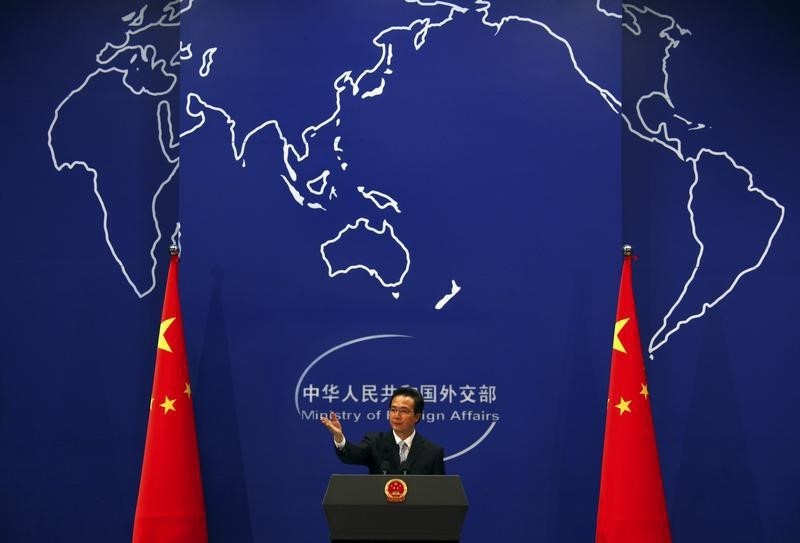BEIJING (Reuters) - China expressed regret on Friday at the failure of U.S. Congress to pass reforms to give emerging markets greater say at the International Monetary Fund.
The White House signed off on the reforms in 2010, but U.S. lawmakers need to back changes in how the IMF is funded before they can be put into place, given Washington's position as a controlling shareholder in the global lender.
But a must-pass $1.1 trillion U.S. spending bill unveiled late on Tuesday omits the IMF voting reform provision, dooming prospects that it will get passed by a year-end deadline.
Chinese Foreign Ministry spokesman Hong Lei said that passing the reforms concerned the "reputation, electiveness and legality" of the IMF.
"China will continue to urge the U.S. Congress to approve it," Hong told a daily news briefing.
Finance chiefs from around the world had given the United States until Jan. 1 to ratify the reforms, and have threatened to move forward without it if it fails to do so.
The changes would double the fund's resources and hand more IMF voting power to countries such as Brazil, Russia, India, China and South Africa, also known as BRICS. It would also revamp the IMF's board to reduce dominance of Western Europe.
Some outside observers believe the lack of reforms was the impetus behind the decision of the BRICS nations to launch their own currency reserve pool and development bank earlier this year, intended as a challenge to Western dominance in global financial institutions.

China also launched a proposed $50 billion Asian Infrastructure Investment Bank, seen as a direct rival to the Western-dominated World Bank and Asian Development Bank.
(Reporting by Reuters Television; Writing by Ben Blanchard; Editing by Nick Macfie)